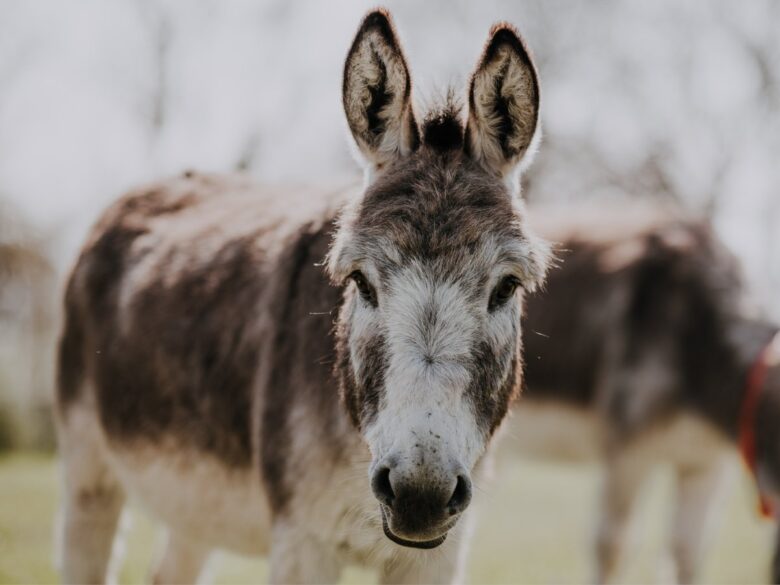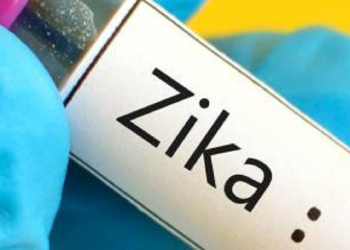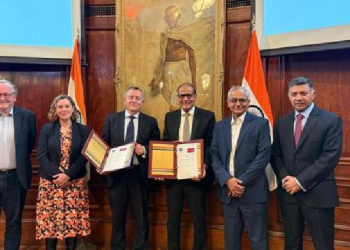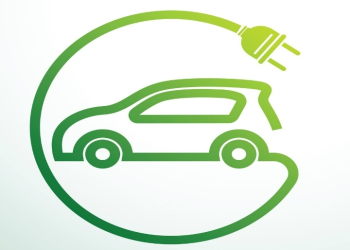San Francisco: The world’s first successful donkey embryo through in-vitro fertilisation (IVF) has been created by a research team led by the University of Queensland, and the breakthrough could save dozens of endangered donkey species.
In collaboration with Argentine and Spanish researchers, UQ’s Dr Andres Gambini created a viable donkey embryo using a specialist IVF process called “intracytoplasmic sperm injection” (ICSI), according to the research published in Theriogenology.
A world-first donkey embryo, which comes from a rare European breed, is being frozen in liquid nitrogen while researchers look for a suitable female donor for implantation.
“With this new tool to produce embryos in the laboratory, we can help to repopulate a species if we need to,” said Gambini.
“There are many problems associated with inbreeding when trying to increase a species’ population, but this IVF technique means we can essentially combine semen and eggs from donkeys with a different genetic background and create viable embryos,” he added.
Gambini says the donkey populations are more endangered than people realise.
“Seven of the 28 European domestic breeds are in critical status and 20 are endangered, while wild donkey species are also in trouble.
“The reasons for this include theft, illegal slaughtering, decreasing grazing land and people using them less,” he added.
Gambini has previously worked on similar projects with horses and zebras.
“In 2020, we reported the first zebra embryo and now the first donkey embryo – who’s to say what’s next?” he said.
Further, he mentioned that donkey embryos were much more difficult to work with, with a success rate of five to 10 per cent, compared to horses which are about 30 per cent.
“We hope this research will lead to a more integrated donkey conservation program, also we hope to discover how to make IVF processes work for a wide range of endangered species,” Gambini added.
The world’s first embryo is being frozen in Spain, and it was created using donkey semen and eggs from all different areas of the country, said the research.
(IANS)




















